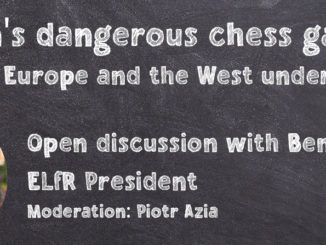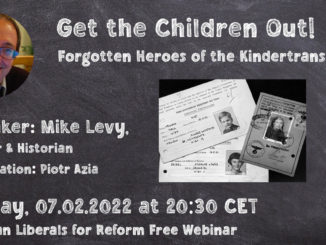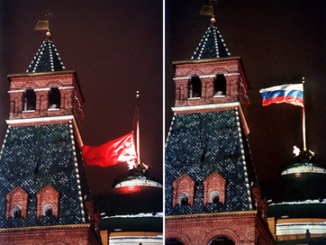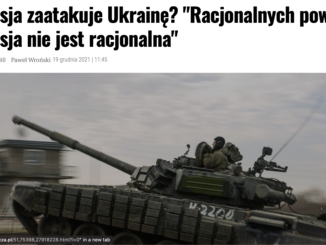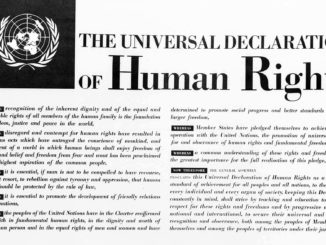Russian corruption is hardly new. In one form or another, cheating has been characteristic of the Russian state at least since 1648, when a new universal tax prompted what historians believe to have been the country’s first anti-corruption protest in the form of the so-called salt riot. The deceit that underpins Russian society was certainly no surprise to Nikolai Gogol. The near-total nature of corruption provided rich material for his 1842 novelDead Souls, in which the rogue protagonist travels the countryside buying up lists of deceased serfs who can be counted as property because their deaths have not been officially registered. Soon after its publication, Tsar Nicolas I complained to his son, the future tsar Alexander II, about military personnel filching guns, clothing, and food during the Crimean War of 1853-1856: “Sashka, I think there are only two people in Russia who don’t steal—you and me.”
Putin’s greatest claim to support is supposedly restoring Russia’s standing as a great power. But he is actually undermining that goal.
Source: Russian Envy | Foreign Affairs

